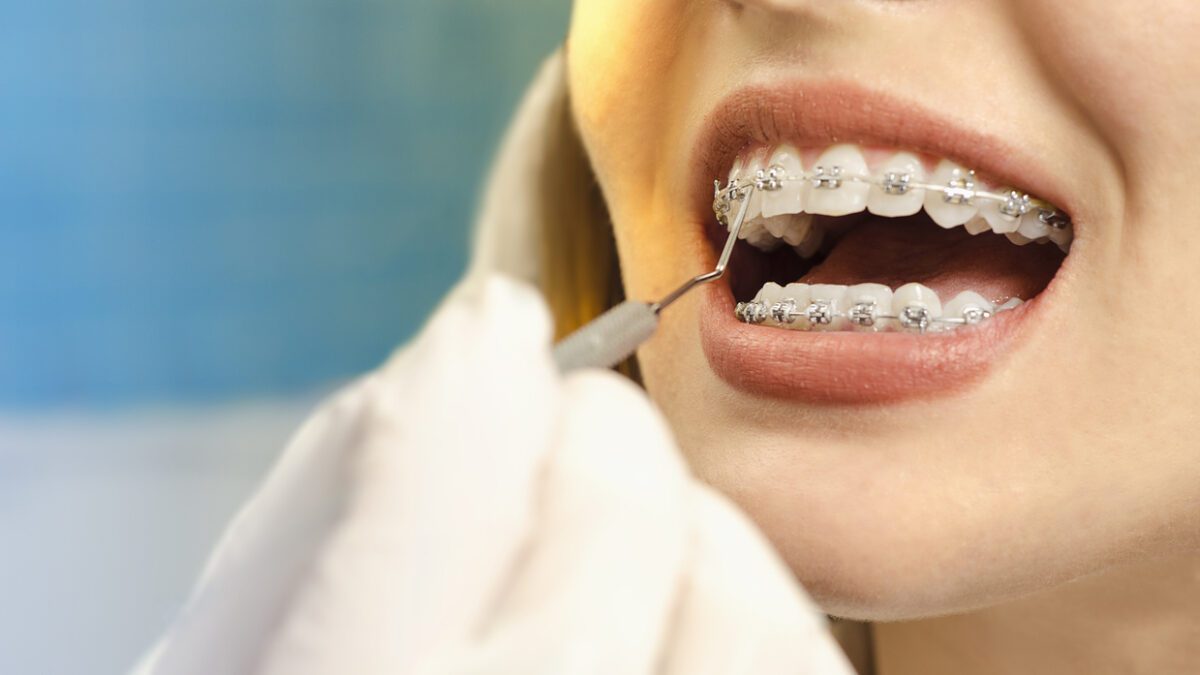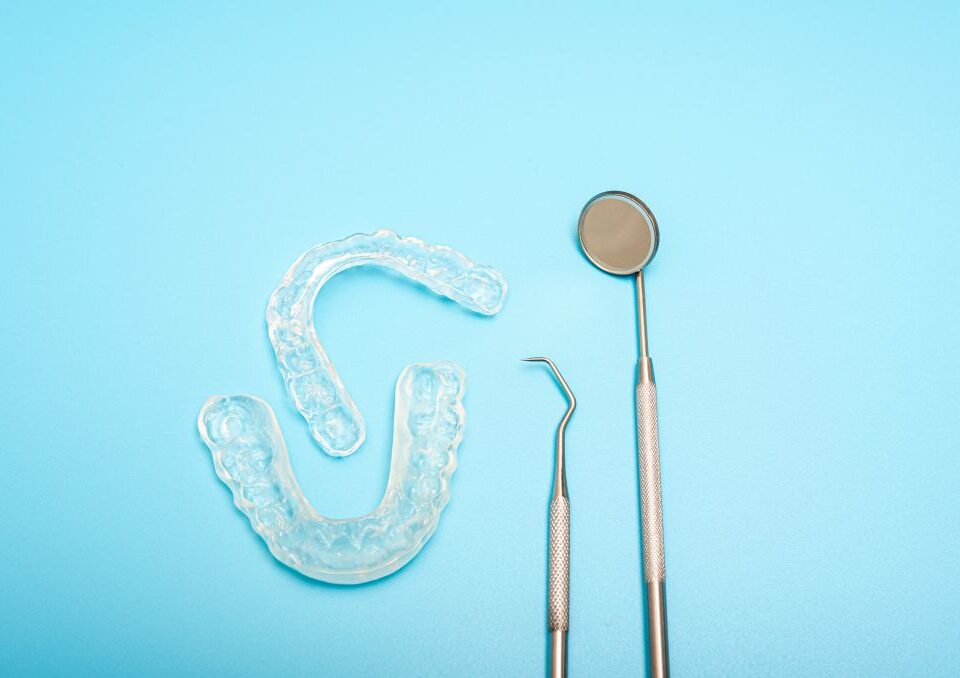Learn about common dental concerns in our blog
Maintaining good oral health is an essential part of overall well-being, yet many people underestimate just how much dental health affects their quality of life. Poor oral hygiene can lead not only to discomfort or cosmetic concerns but also to systemic health issues, as oral bacteria can contribute to heart disease, diabetes complications, and respiratory infections.
At our general dentistry clinics in North Carolina, we believe preventive care is the cornerstone of lifelong oral health. By understanding the most common dental problems and knowing how to prevent them, you can protect your smile and your health for years to come.
In this blog post, we’ll explore eight of the most common dental problems we see in our practice and share practical, evidence-based tips for keeping them at bay.
1. Tooth Decay
Tooth decay – also known as dental caries or cavities – remains one of the most widespread dental problems in the world. It occurs when bacteria in your mouth feed on sugars and starches, producing acid that gradually erodes the protective enamel layer of your teeth. Left untreated, decay can lead to pain, infection, and even tooth loss.
Although cavities are especially common in children, adults are not immune. Factors such as dry mouth (often caused by medications), a high-sugar diet, and infrequent dental visits can increase your risk.
How to Prevent Tooth Decay:
- Brush twice daily with a fluoride toothpaste to strengthen enamel.
- Floss every day to remove food debris and plaque between teeth.
- Limit sugary and acidic foods and drinks, such as soda and candy.
- Drink plenty of water to help rinse away bacteria.
- Schedule routine dental exams and professional cleanings every six months.
2. Gum Disease
Gum disease, or periodontal disease, is an infection of the tissues that support your teeth. It begins as gingivitis, which causes redness, swelling, and bleeding gums. If left untreated, it can advance to periodontitis, where the gums pull away from the teeth, forming pockets that harbor bacteria. Over time, the supporting bone may deteriorate, leading to tooth loss.
This condition is more common than many realize. According to the CDC, nearly half of adults over 30 have some form of periodontal disease.
How to Prevent Gum Disease:
- Brush gently but thoroughly, focusing along the gumline.
- Use a soft-bristled toothbrush and replace it every three to four months.
- Floss daily to remove plaque where your brush can’t reach.
- Avoid tobacco products, which can severely increase your risk.
- Eat a balanced diet rich in vitamin C and calcium for gum health.
- See your dentist regularly for periodontal screenings and cleanings.
Early intervention can reverse gingivitis and prevent it from developing into advanced gum disease.
3. Tooth Sensitivity
Tooth sensitivity is a common condition that can make eating or drinking uncomfortable. It occurs when the protective enamel wears away, exposing the dentin underneath – a layer filled with microscopic tubules that connect to the tooth’s nerves.
Common Causes:
- Over-brushing or using a hard-bristled toothbrush
- Acidic foods and beverages that erode enamel
- Teeth grinding (bruxism)
- Gum recession exposing tooth roots
How to Prevent Tooth Sensitivity:
- Use a desensitizing toothpaste recommended by your dentist.
- Brush gently with a soft-bristled toothbrush.
- Avoid acidic foods and beverages, or rinse with water afterward.
- Wait at least 30 minutes after eating before brushing to prevent enamel erosion.
- Use a mouthguard at night if you grind your teeth.
If sensitivity persists, your dentist may suggest fluoride treatments or bonding to protect exposed areas.
4. Bad Breath
Bad breath, or halitosis, affects millions of people and can be both embarrassing and distressing. It’s often caused by bacteria in the mouth, leftover food particles, dry mouth, or poor dental hygiene. However, persistent bad breath can also indicate underlying problems like gum disease, sinus infections, or digestive issues.
How to Prevent Bad Breath:
- Brush your teeth and tongue twice daily to remove bacteria and odor-causing residue.
- Floss daily to eliminate trapped food particles.
- Stay hydrated. Saliva helps wash away bacteria.
- Avoid smoking or tobacco use.
- Limit strong-smelling foods like garlic, onions, and coffee.
- See your dentist if halitosis continues despite good oral hygiene.
Sometimes, professional cleaning or treatment of gum disease is necessary to eliminate the source of bad breath.
5. Tooth Erosion
Tooth erosion occurs when acids wear down the enamel. Unlike decay caused by bacteria, erosion is a direct result of acid contact. The loss of enamel can lead to sensitivity, discoloration, and increased risk of cavities.
Prevention Tips:
- Limit acidic drinks like citrus juices, soda, and sports drinks.
- Use a straw to reduce acid contact with teeth.
- Rinse your mouth with water after consuming acidic foods.
- Avoid brushing immediately afterward, as enamel is softer when acid-exposed.
- Ask your dentist about fluoride varnishes or remineralizing treatments.
Protecting enamel early can prevent long-term damage and reduce the risk of sensitivity.
6. Teeth Grinding (Bruxism)
Bruxism refers to grinding or clenching your teeth, often during sleep or periods of stress. Over time, this can wear down enamel, cause jaw pain, and even fracture teeth. Many people are unaware they grind their teeth until a dentist notices signs of wear.
Prevention and Management:
- Reduce stress through relaxation techniques like yoga or meditation.
- Wear a custom night guard to protect your teeth while sleeping.
- Avoid chewing on hard objects, such as ice or pens.
- Limit caffeine and alcohol, which can increase grinding.
Regular dental exams can catch early signs of bruxism before damage occurs.
7. Dry Mouth
Dry mouth (xerostomia) happens when your salivary glands don’t produce enough saliva. Since saliva neutralizes acids and helps wash away bacteria, reduced saliva can increase your risk for cavities, gum disease, and bad breath.
Common causes include certain medications (antihistamines, antidepressants), dehydration, or medical conditions like diabetes.
Prevention and Relief:
- Drink water frequently, especially during and after meals.
- Chew sugar-free gum or suck on sugar-free lozenges to stimulate saliva flow.
- Avoid caffeine, alcohol, and tobacco, all of which can worsen dryness.
- Use saliva substitutes or moisturizing mouth sprays if recommended by your dentist.
- Maintain excellent oral hygiene to minimize bacterial buildup.
8. Tooth Alignment and Bite Issues
Crooked teeth or bite problems (malocclusion) can cause more than just cosmetic concerns. Misalignment can make cleaning difficult, leading to plaque buildup, gum disease, and uneven wear on teeth. It can also contribute to jaw pain or TMJ (temporomandibular joint) disorders.
Prevention and Treatment:
- Early orthodontic evaluation for children can prevent severe issues later.
- Orthodontic treatments like braces or clear aligners can correct misalignment.
- Wear retainers as directed after treatment to maintain results.
- Regular dental checkups ensure your bite remains healthy and functional.
What to do when experiencing dental problems
Even with the best preventive care, dental issues can still occur. Acting quickly is key to avoiding complications and preserving your oral health. If you experience tooth pain, bleeding gums, persistent bad breath, or sensitivity:
- Schedule a dental appointment as soon as possible. Early treatment prevents worsening conditions.
- Follow your dentist’s home care recommendations, including prescribed rinses or medications.
- Maintain consistent oral hygiene routines, even if discomfort makes brushing difficult. Your dentist can suggest gentle techniques.
- Attend all follow-up visits to monitor healing and prevent recurrence.
Take Control of Your Oral Health Today
Taking care of your dental health goes beyond just brushing and flossing daily. By understanding common dental problems and following preventive measures, you can maintain a healthy smile for years to come.
At Village Family Dental, we offer friendly and compassionate general and specialty dentistry services for patients in the Eastover, Fayetteville, Hope Mills, Laurinburg, Raeford, and St. Pauls areas and beyond.
Schedule your next dental check-up today and invest in a healthier, happier smile.




